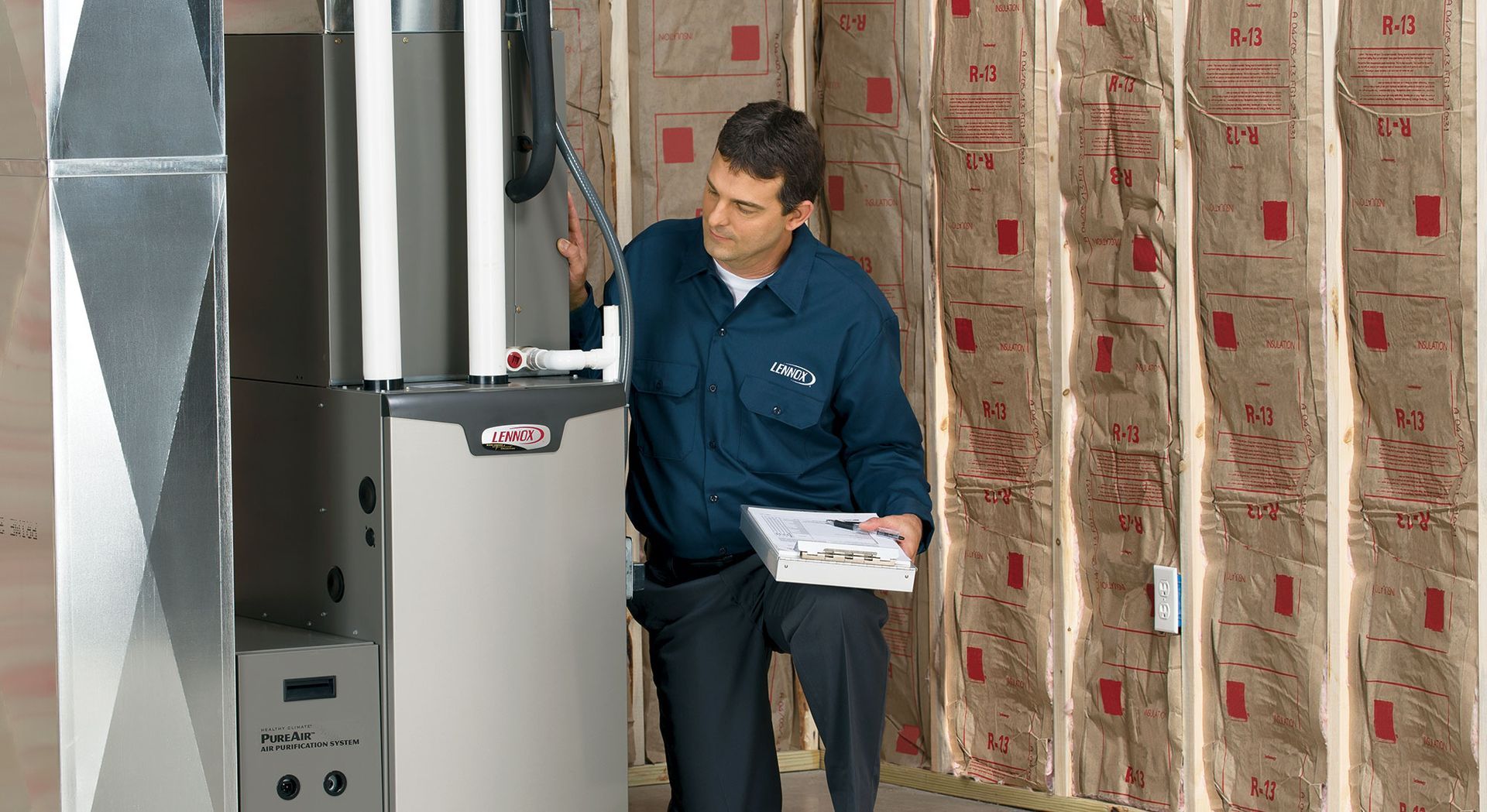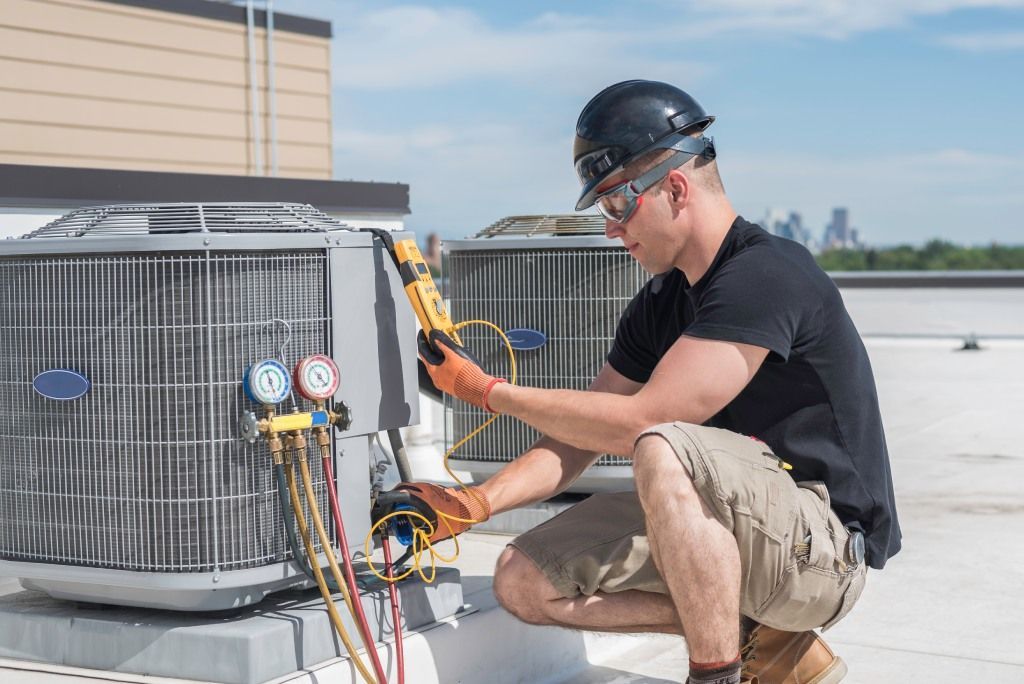March 23, 2020 Covid-19 Update
As you are aware, all the states in the USA have been affected by the COVID-19 virus. As President of Maxwell Heating & Cooling, I wanted to reach out to you personally to let you know how we are implementing safety protocols to continue to serve you during this unprecedented COVID-19 season. At this time, we are open and operating on a full-time schedule to meet all your heating and air conditioning needs including maintenance, service, repair, indoor air quality and installation appointments. Our team will put out a Covid-19 Update to customers as needed.
Heating and Cooling
We are following enhanced cleaning protocols recommended by the Centers for Disease Control (CDC) to ensure your safety. Also, we are monitoring our team members health. If our team has a fever or shows signs of sickness they will remain at home.
Customer Update – Covid-19
We are closely monitoring the news from the CDC as well as the World Health Organization (WHO). Should any new recommendations or procedures come up, we will change our protocols accordingly. At Maxwell Heating & Cooling, our plan is to remain open and continue to have our technicians service, repair, and install your systems as normal. We will communicate any changes to that decision to you as they occur.
Heating and Cooling Covid-19
When you call in, our office staff will be asking if anyone in the home has a fever. We will need ot know if they have been diagnosed or had exposure to the COVID-19 virus. Our team needs to know so that we can be proactive with our team’s response and level of protection. We are asking customers to be honest about their travels and medical conditions. If you have a regularly scheduled appointment and are experiencing any of the following symptoms. cough, fever, or also shortness of breath; please call our office at 770-830-9288 to reschedule.
Here is a list of some procedures we are implementing to ensure we meet your needs while doing our part to keep you, our employees, and our communities safe.
- Protection: Our technician will wear shoe covers and also gloves while at your home or business.
- Cleaning: Our technicians will wipe down items they touch in your home. They also must wash their hands and wipe down the tools that they use after each call. We will also be cleaning our facility frequently with recommended sanitizing products daily.
- Signature for service & repair work: We normally require our repair or also our service work to be approved by signature. However, during this time, we will be suspending this requirement. We will accept a verbal commitment to perform service and also repair work.
- For equipment sales, we have the option of electronic signature approval via email and we will require signatures for replacement and installation of equipment.
- Payment: We ask that all payments be make electronically. Please call our office at 770-830-9288 to give your payment information to our office staff while the technician is on site.
- Meetings: We are postponing any in-person company meetings so that we maintain social distancing. We will be limiting face to face interaction between our office team members and field team members.
Maxwell Heating and Cooling – Covid-19 Update
Maxwell Heating & Cooling has been serving the West Georgia area for over 25 years. Safety is one of our core values. We are dedicated to the well-being of our customers as well as our employees. But we also understand the value of trying to reduce the spread of this virus so that our healthcare system is not overwhelmed. As members of a common community, together we can also make a difference. We will continue our focus on delivering the products and also the services you depend on in a manner consistent with the health and wellbeing of everyone.
Please call our main line at 770-830-9288 to schedule your appointment or to also discuss any concerns you may have.
Take care,
Shannon Maxwell, President
The post COVID-19 Statement & Protocols appeared first on Maxwell Heating & Cooling.




